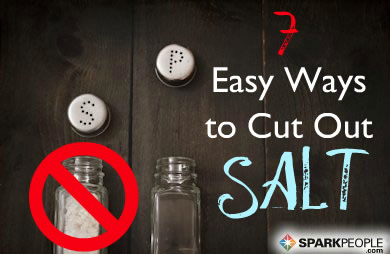|
This past summer I fulfilled a long-time dream to become a certified running coach via the Road Runners Club of America organization. This was a two day in depth program in which the physiology of running was discussed, in addition to the students formulating training programs for future clients. Day one was spent learning about the body and how it adapts to the rigors of running. I was surprised to hear that 70% of all people who take up running will, at some point in time, develop an injury. And while the risk for injury is a tad higher with runners than with other sports, this should not be a deterrent in starting a running program; but be aware that listening to your body and allowing for timely rest and recovery is essential to keeping you healthy as a runner. As someone who has spent the better part of three years running, I have had my fair share of minor injuries, however nothing that has kept me away from the sport longer than a few weeks. In my recovery I did what I had read in so many running books and articles and that was to rest, apply ice, and take an anti-inflammatory to decrease the inflammation. I was surprised to hear the new trend for runners is to avoid taking any anti-inflammatory meds, such as Aleve or Ibuprofen, for any aches or pain, unless advised by their physician. The reason, these meds have been shown to decrease tissue regeneration, decrease collagen repair, as well as increasing gastrointestinal and kidney issues when taking them over a long period of time. And because they are also a pain reliever, these meds can mask pain, therefore a runner may run through an injury unaware of the damage that may be occurring. According to Dr. William Evans of The University of Arkansas for Medical Sciences in a seminar I attended in January 2009, he stated that "using analgesics blunts the normal adaptive response to muscle damage, therefore one should use these medications as little as possible." Inflammation is part of the healing process, therefore by taking these meds you are stopping the body's natural response to heal which may lead to a longer recovery time. I no longer take any analgesics after my runs. And if I need to take them for any reason, such as a headache, I was advised to wait at least 12 hours after taking them before I run. The moral of the story is to take things slowly with any exercise plan, whether it is strength training, running or playing a team sport. Listen to your body, ice any joint that may be sore and make sure you never work through pain. Pain is your body's way of signaling you to STOP. Have you heard that using meds, such as Aleve and Advil, can slow your recovery process? Have you taken them in the past for such issues as muscle soreness? Would you be willing to stop using them and stick with a more conservative approach to healing and recovery? |
More From SparkPeople
|













.jpg)

